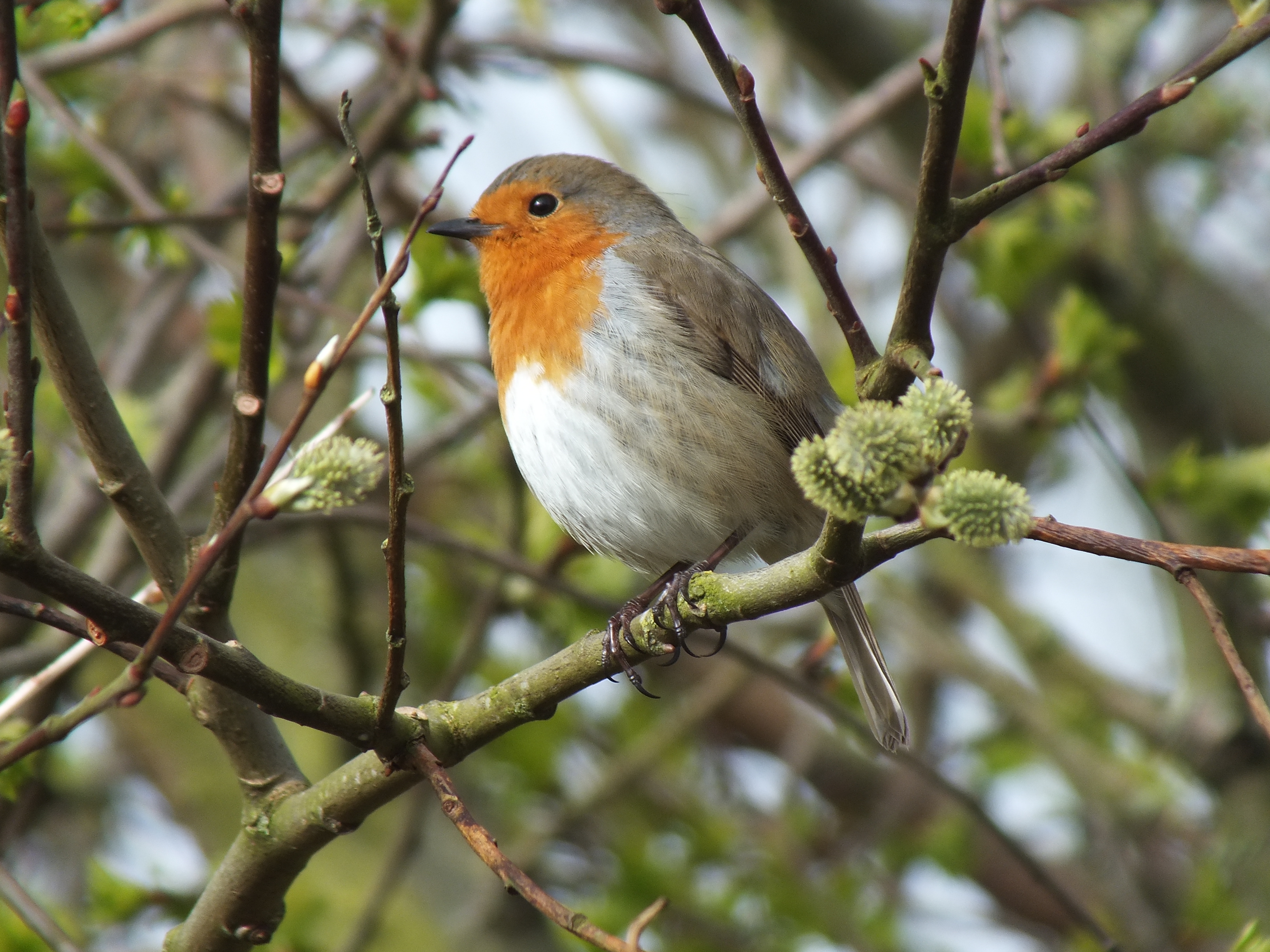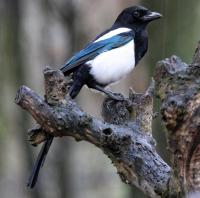- Home
- FAQs
- Customer Video Gallery
- Customer Photo Gallery
- Bird Facts
- Bird Food Blog
- Bird Information
- Feeding Advice
- Small Animal Information
- A to Z of Guinea Pigs
- A to Z of Hamsters
- A to Z of Rabbits
- Basic Care for Guinea Pigs
- Basic Care for Hamsters
- Basic Care for Rabbits
- Basic care for Chinchillas
- Basic care for Ferrets
- Basic care for Gerbils
- Basic care for Mice
- Basic care for Rats
- Buying a Healthy Small Animal
- Does your Reptile need a Licence
- Equipment for Ferrets
- Equipment for Hamsters
- Equipment for Mice
- Equipment for your Chinchilla
- Equipment for your Gerbil
- Equipment for your Guinea Pig
- Equipment for your Rabbit
- Keeping a House Rabbit
- Dog Information
- Cat Information
- Customer Information
- Fat Balls
- Suet Pellets
- Straights
- Seed Mixes
- Suet Treats
- Mealworms
- Bird Feeders
- My Account
The nesting Robins in my garden
Date: 2015-07-14 11:52:06 | Category: Bird Watching | Author: Jen Taylor
This year I was lucky enough to have a pair of Robins nesting in my garden. They built their nest under some Ivy on the fence right outside my window, which meant I had a great opportunity to watch them as they brought up their young. I learned a lot by watching them and then looking up the behaviours that I noticed.One of the most obvious behaviours I noticed was courtship feeding. When a pair of Robins are nesting, the male Robin feeds the female. This is a great spectacle to watch as the female flutters her wings and calls to the male to feed her, in much the same way that a fledgling does when it wants food from its parents. This is something I saw happening regularly throughout the day and so I wasn't surprised to learn that this food provided by the male can supply over a third of a female's food intake. The Robins in my garden often used fat balls and seed mixes for their courtship feeding so I made sure that those foods were in constant supply.
Once the eggs are laid, the female Robin incubates them for 13 days and as they hatch she immediately removes the shell of the hatched eggs from the nest. I made sure to keep away from the nest at this point as disturbances to the nest can cause the Robins to abandon it.
I was very excited when I noticed the Robins taking it in turns to bring food into the nest as I knew this meant that the eggs had hatched. When I opened my window I could hear the loud squeaking noises coming out of the nest every time the parents arrived with food. My garden Robins were working frantically at this point to feed the chicks with caterpillars and flies. Robin chicks are born without any feathers and are dependent on their parents for food and warmth.
By the time the chicks are 10 days old they have developed feathers, but their flight feathers are yet to form. This is one of the most dangerous times for the chicks as they often fall out of the nest and are unable to get back in. Unfortunately this happened to the robins in my garden and one chick was lost to my neighbour's cat. I put the other two chicks back into their nest and their parents immediately continued to feed them.
Once the fledglings have left the nest they are cared for by their parents for up to three weeks. This care is often carried out by the male, while the female prepares for another clutch of eggs. Robins usually have two, but sometimes three, broods a year. Unfortunately the Robins in my garden have now abandoned the nest and are no doubt nesting elsewhere, probably due to the cat finding their nest.
It was a great experience watching the Robins and I hope that they will be back again next year!





